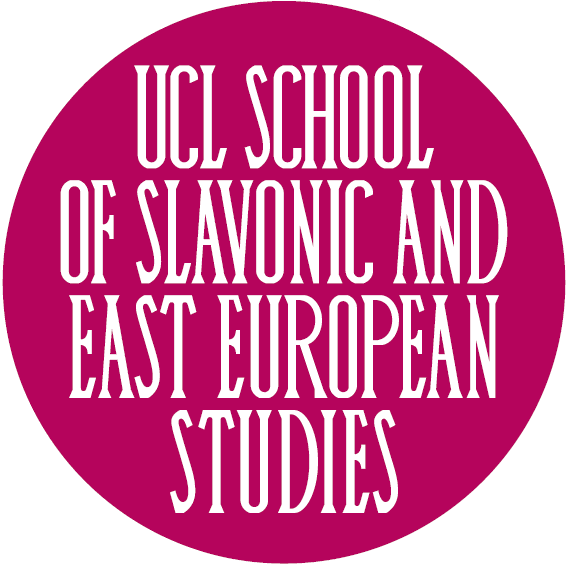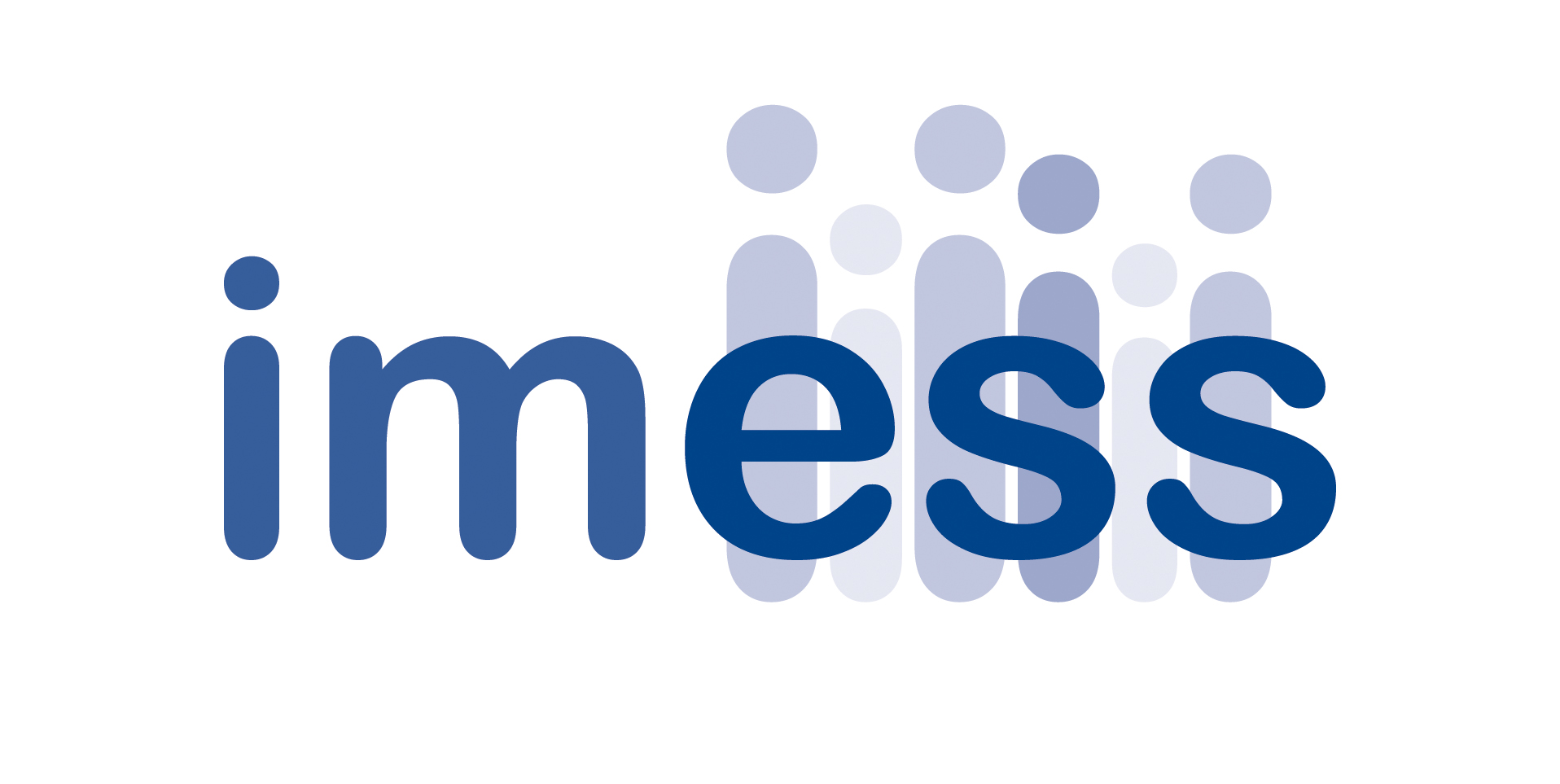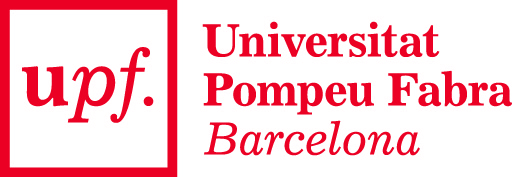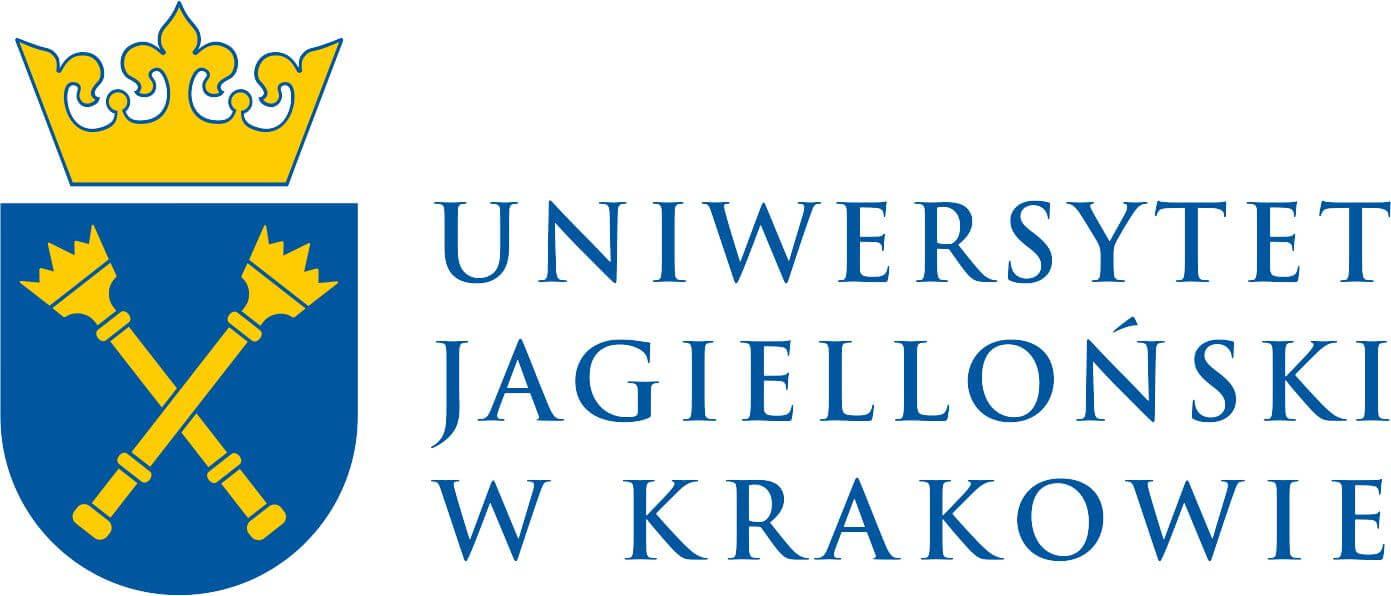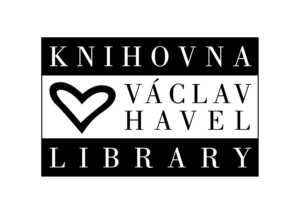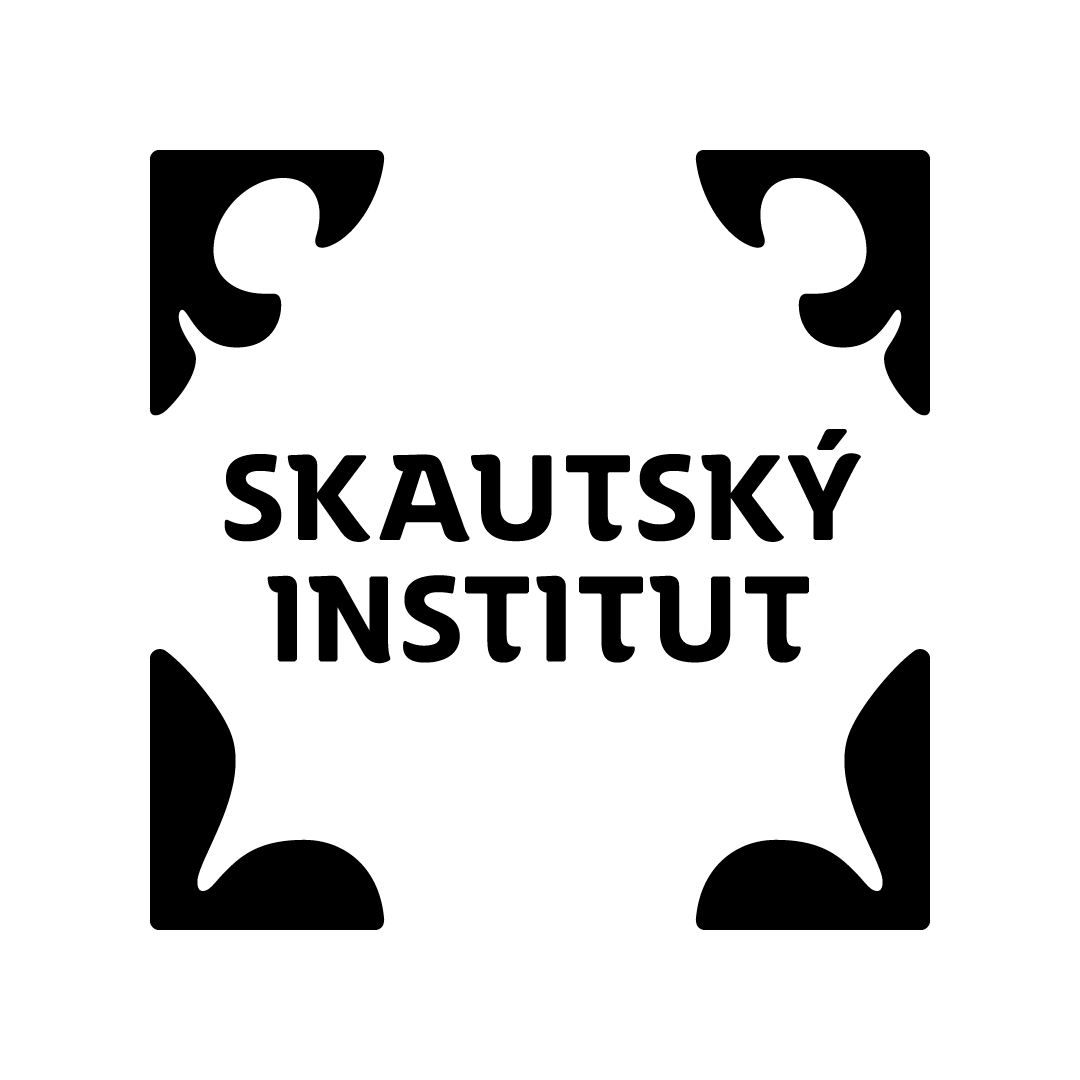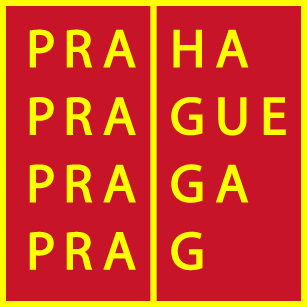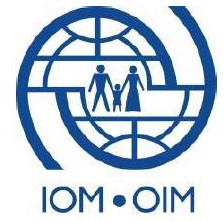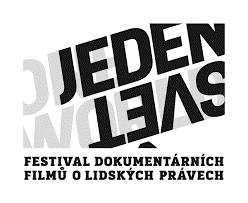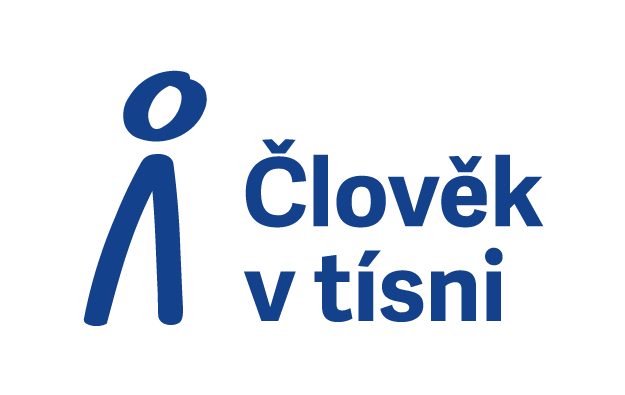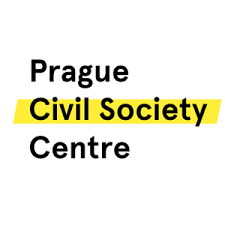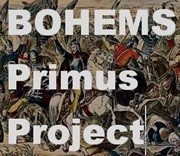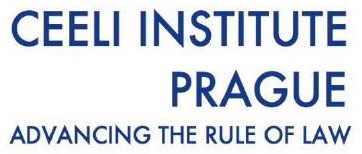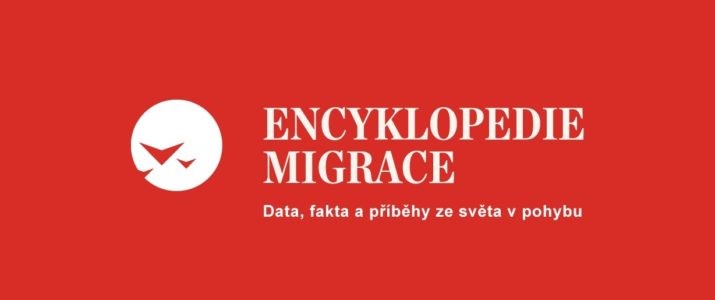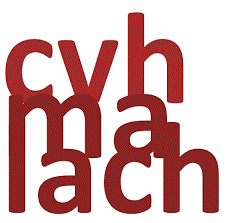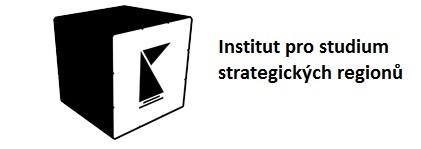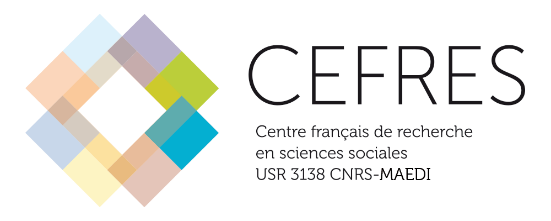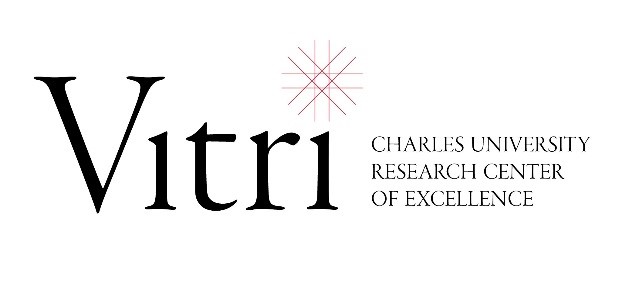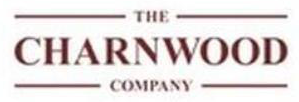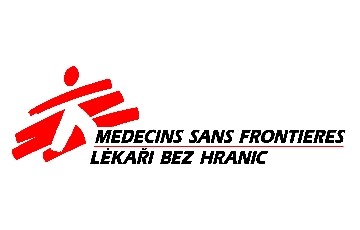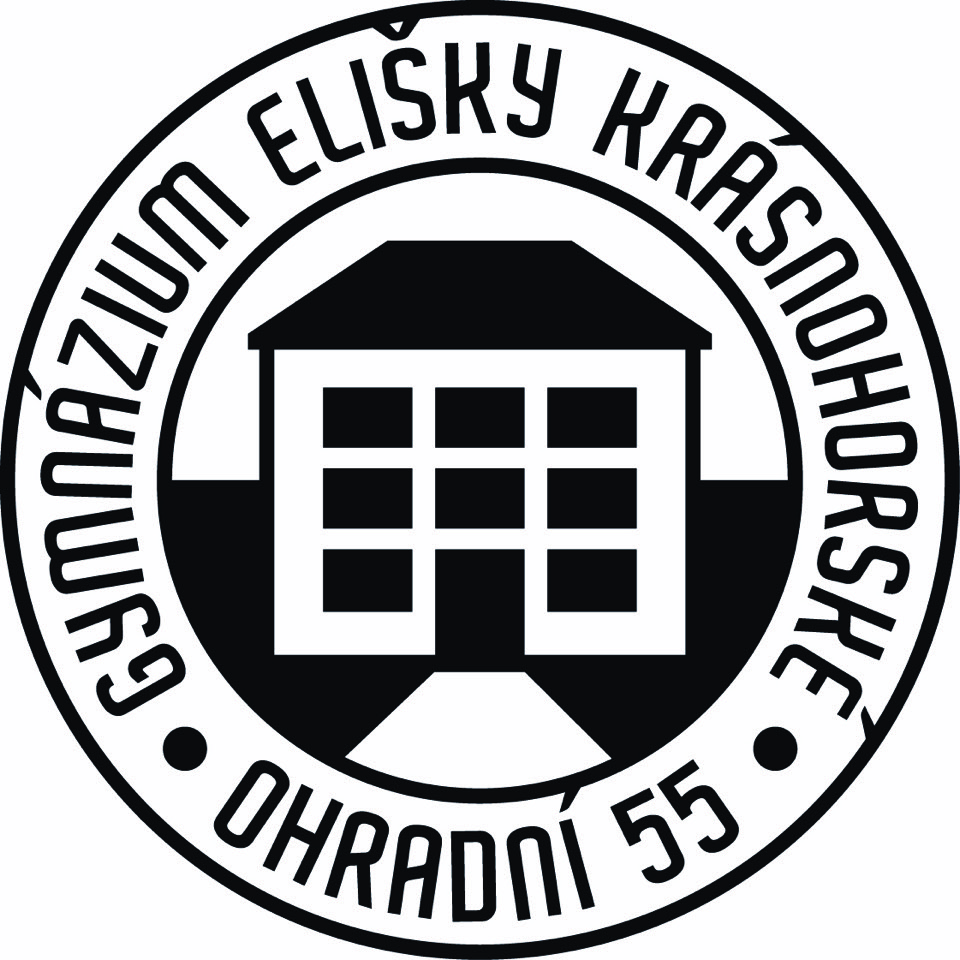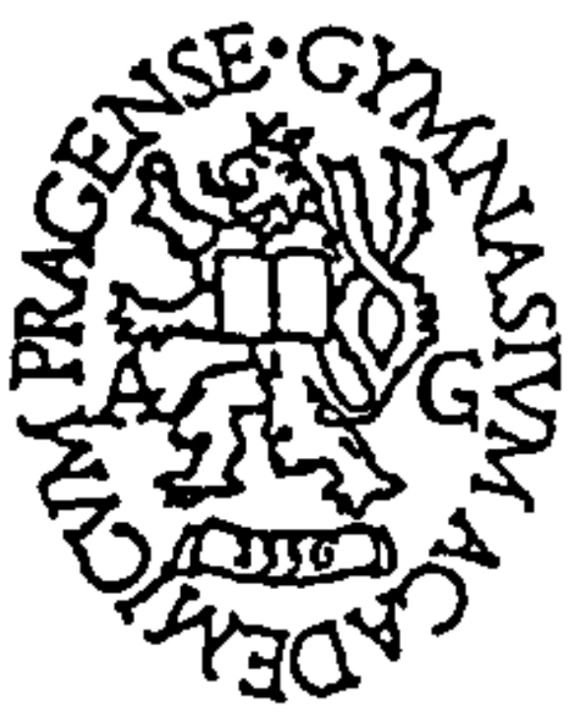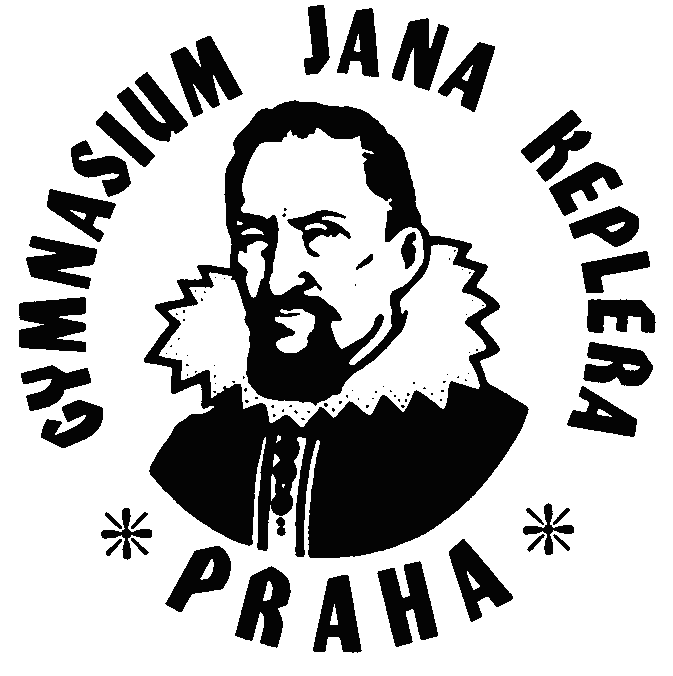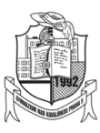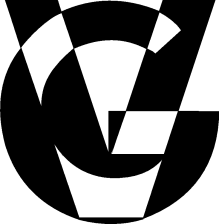4EU+ Emerging Leaders Workshop
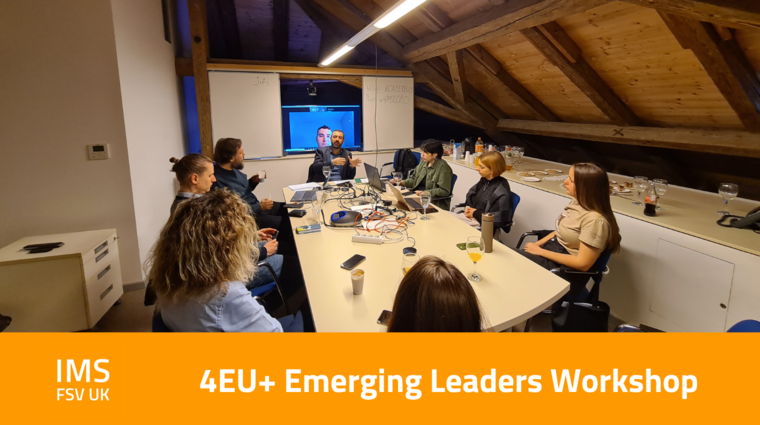
4EU+ Emerging Leaders Workshop
Reflecting on the ongoing conflict in Ukraine, Jiří Kocián and Klára Kosová (Department of Russian and East European Studies, Institute of International Studies and Malach Center for Visual History at IFAL, CUNI), with the assistance of Valentyn Shkriba, organised on behalf of the 4EU+ Plurality of Memories an Emerging Leaders Workshop, with the aim to inspire and connect the up and coming generation of Ukrainian leaders. The workshop sought to equip the participants with tools and strategies to counter the negative effects of the war, further their analytical skills, and raise efficiency in fostering civic engagement and promoting democracy. The workshop succeeded in bringing together a vibrant group of highly motivated participants consisting of five Ukrainian students affiliated with 4EU+ Alliance universities (CUNI, Warsaw, Geneve) and three special fellows from the National University of "Kyiv-Mohyla Academy".
The workshop took place on the 10th and 11th of November in the hybrid format at the Institute of Formal and Applied Linguistics. The programme consisted of interactive seminars with top academic experts in their respective fields who closely relate to the issues at hand in their research. Concretely, Dr Jiří Kocián gave the opening talk considering the boundaries of transnational solidarity and prospects of overcoming them. Dr Jakub Eberle (IIR Prague) focused on the question of what are the main drivers of different responses of EU states’ foreign policies towards Russian aggression against Ukraine. Dr Michal Smetana (IPS, FSS CUNI) discussed recent military developments on the battlefield and highlighted some common misconceptions about nuclear weapons that resonate in the public sphere and sparked a discussion about what stops the Kremlin from ordering the use of nuclear weapons. Dr Valeryia Korablyova (Department of Russian and East European Studies, Institute of International Studies, FSS CUNI) focused on the difficulties with a proper understanding of Ukraine, and she used the pro-Ukrainian discourse constructed by President Zelensky’s team as an example of flattening the existing cultural hierarchies and of horizontal engagement with both power-holders and geopolitical underdogs/subalterns. Finally, Dr Jan Šír (Department of Russian and East European Studies, Institute of International Studies, FSS CUNI) shed light on some wider ramifications of Russia's latest war and whose seminar provided the students with an opportunity to discuss Russia's view of the international order.
The workshop facilitated both horizontal and vertical knowledge and experience sharing and proved to be a fruitful ground for a deep discussion with concrete conclusions and take-aways at hand. In addition, the organisers were happy to have promoted a slightly different form of networking and hope for a repeated chance to meet with the recent participants or facilitate a similar exchange in the future.






